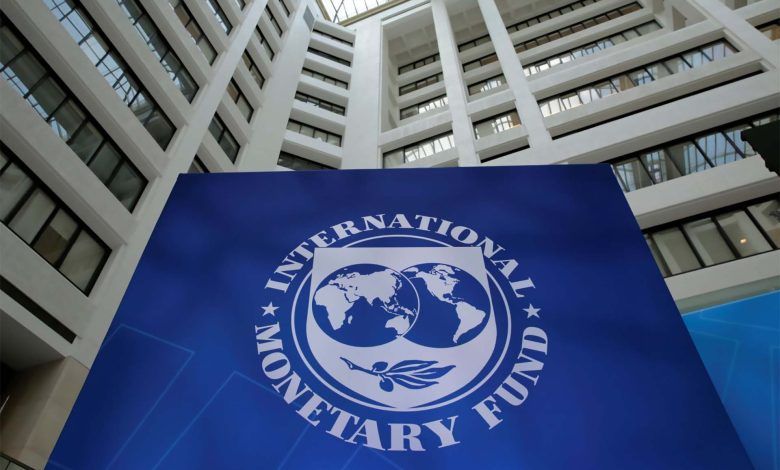
The International Monetary Fund (IMF) has downgraded Nigeria’s economic growth prospects for 2024 to 2.9%, a reduction from the previously projected 3.3%.
This revision stems from persistent issues such as low crude oil production, severe flooding, and rising inflation, all of which continue to hinder the nation’s economy.
In its latest World Economic Outlook (WEO), the IMF pointed to several key factors impacting Nigeria’s economic landscape, particularly recent inflationary pressures and setbacks in oil production. The forecast for Nigeria’s GDP growth in 2025 shows a slight improvement, increasing by 0.2% from earlier projections, yet the overall outlook remains challenging.
Inflation in Nigeria is projected to stabilize at 25% in 2025, with hopes of reducing it to 14% by 2029. The country experienced GDP growth rates of 2.98% and 3.19% in the first two quarters of 2024, indicating some resilience despite the severe macroeconomic shocks, including a surge in petrol prices and a 28-year high inflation rate. Notably, inflation began to slow in July 2024 after 19 months of continuous increases, but it resumed its upward trend in September due to rising petrol prices.
The IMF attributed the downward revision primarily to agricultural disruptions caused by severe flooding and ongoing security and maintenance issues affecting oil production.
Jean-Marc Natal, the division chief in the IMF’s Research Department, emphasized that while some progress has been made in stabilizing inflation in the region, challenges persist, with many countries still grappling with high inflation and debt service burdens.
In contrast, Jason Wu, an assistant director at the IMF, noted that Nigeria’s economy is on a path toward stability thanks to recent government reforms. However, the country faces continued economic pressures, particularly as many states battle the impacts of flooding, including recent reports from Maiduguri.
The World Bank has also highlighted that Nigeria’s inflation rate has surged for 13 consecutive months, driven by factors such as the removal of fuel subsidies, which increased transportation and production costs, alongside the depreciation of the naira against major currencies.
The National Bureau of Statistics reported that the average price of commodities has risen significantly, underscoring the severe cost of living challenges faced by millions of Nigerians.
As Nigeria grapples with low crude oil production due to pipeline vandalism and theft, the economic outlook remains precarious, with many citizens feeling the strain of rising prices for food, energy, and essential goods.





